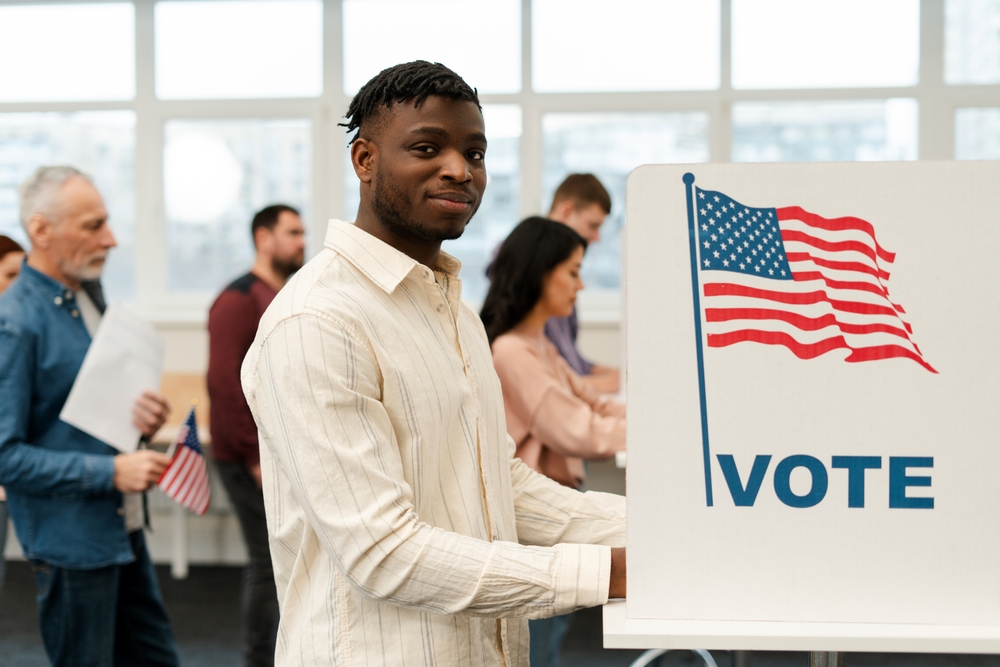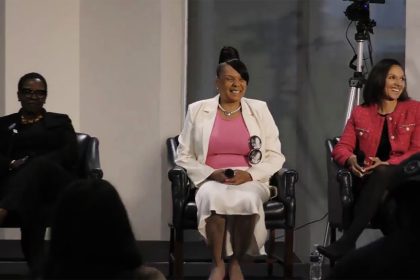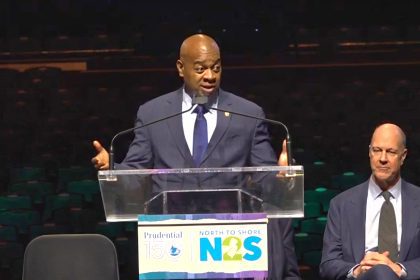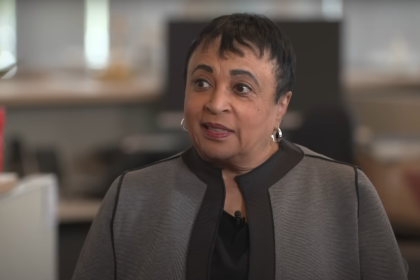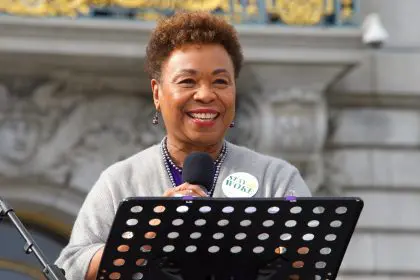The 2024 presidential election represents a defining moment for Black Americans’ political power and civil rights. As Vice President Kamala Harris champions progress and equality, the election’s outcome could significantly impact voting rights, economic opportunities, and social justice. The current political climate has intensified concerns about voter suppression tactics and civil rights protections, making this election particularly consequential for the Black community’s future.
Economic vision and community investment
Harris’s proposed Opportunity Economy platform addresses long-standing economic disparities through concrete policy initiatives. The comprehensive plan includes substantial support for working families through an enhanced Child Tax Credit, paid family leave provisions, and small business incentives. The proposal for three million new housing units, coupled with significant down payment assistance for first-time homebuyers, aims to bridge the racial wealth gap and create pathways to homeownership. These economic initiatives represent a direct response to historical inequities that have affected Black communities.
Addressing systemic challenges
The election‘s significance extends beyond immediate policy changes to fundamental questions about systemic inequality. Current challenges to voting rights, including recent Supreme Court decisions affecting the Voting Rights Act, underscore the need for engaged civic participation. The administration’s commitment to tackling corporate consolidation, raising the minimum wage, and protecting reproductive freedoms directly addresses issues affecting Black families’ daily lives. These policies aim to create lasting change in areas where historical disparities have persisted.
Mobilizing for change
The Black electorate’s diversity and strength require recognition and respect in the political process. Historical precedents, from civil rights achievements to modern grassroots movements, demonstrate the community’s capacity for creating transformative change through collective action. The importance of informed, active participation in the electoral process cannot be overstated, as it directly influences policies affecting future generations.
A call for civic engagement
This election demands more than passive participation; it requires active engagement from every eligible voter. The power to shape policy, protect rights, and secure opportunities lies in collective electoral participation. Understanding voting procedures, staying informed about candidates’ positions, and encouraging community involvement are crucial steps toward ensuring that Black voices are heard and respected in the democratic process.

